
Remembering the 'Somalia Affair,' Canada's Forgotten Abu Ghraib Moment
At the time, Somalia was in the midst of a brutal civil war that had sent more than 1.5 million refugees—a fifth of its population—fleeing beyond its borders. Thousands were dying every week from starvation and lack of medicine. Desperately needed humanitarian aid was being stolen by militia leaders and sold on the black market. In December 1992, Canada sent a 1,400-strong force as part of a UN peace-enforcing mission to ensure the food got to Somalis in need.
Four months later, Arone snuck into the perimeter of the Canadian base in the town of Belet Huen, 341 kilometres north of the Somali capital of Mogadishu, and was found hiding in a portable toilet by a Canadian Airborne Regiment (CAR) patrol. Arone didn’t resist arrest, claiming he was looking for a lost child. The patrolmen suspected he was a thief. Arone was taken to an underground bunker in the Canadian encampment, tied up and blindfolded.
What happened next is surely one of the ugliest incidents of modern Canadian history.
Over several hours, Arone was savagely tortured by Airborne soldiers. Subsequent court-martial testimony revealed he was waterboarded, punched in the jaw, hit by a metal bar, repeatedly kicked, and the soles of his feet burned by a cigarillo. According to several accounts, he was sodomized by a stick that was also used to beat him.
Upwards of 80 soldiers could hear Arone’s screams over the roar of a nearby electric generator. One soldier later testified he heard a "long dragged out howl”—before returning to his Game Boy. Others stopped by to comment their fellow soldiers had a nice trophy. Arone’s last words were a moaning repeated intonation of "Canada, Canada.”
Shidane Arone’s name shouldn’t be forgotten in 2018. There is a clear throughline between his demise and the fate of people such as Abdoul Abdi, a Somali former child refugee now facing deportation from Canada back to a country he fears only offers him certain death. Arone and Abdi are just some of the many names that have fallen through the cracks. We need to remember these names so their fates aren’t repeated.
Canadians back home were shocked, especially when a video surfaced featuring members of 2 Commando spouting racist remarks, with one stating Somalis "never work, they’re lazy, they’re slobs, and they stink.” Days later, footage of a hazing video emerged in which Airborne soldiers appeared to be smeared with human feces that spelled out "I love the KKK.” A 1994 Washington Post articlenoted the affair "dealt a blow to Canada's image as the postwar era's preeminent international peacekeeper, and to Canadians' self-image as a people naturally adept at mediating and stabilizing foreign conflicts.” Arone’s death sparked a military internal inquiry and, in 1995, the federal government commissioned a public inquiry. The questions on Canadians’ minds were: How could this have happened? And why did none of the soldiers do anything to stop it?
Canadian peacekeeping had been riding high at the time after a successful decades-long UN-led mission in Cyprus that came to a close in 1993. Somalia proved to be a challenge of a different order; the crises of the Rwandan genocide and the Yugoslav Wars were still ahead. Over the course of several inquiries, the Canadian public discovered Arone’s murder was far from the only troubling incident.
From the start, the Canadians had issues with thieves and looters in and around their base, many of them children. Firing their weapons in the air didn’t work; the conflict-accustomed locals didn’t flinch. There was no real Somali authority in place to punish or incarcerate prisoners the Canadians apprehended. So a number of morally questionable measures were employed to deal with the problem. Children caught stealing were bound, blindfolded, and left in the sun for hours, with a sign bearing the word "Thief” in Somali hanging around their necks. Twelve days before Arone’s death, Airborne troops used bait to snare thieves, a dubious action that ended with two Somalis shot, one fatally in the back. All told, six Somalis were killed by Canadian soldiers during their deployment.
As these details were revealed, allegations of multiple cover-ups also emerged, from shredded Department of National Defense documents to "trophy” photographs of soldiers posing with bound Somali prisoners being ordered destroyed. The CAR, a proud elite regiment since its creation in 1968, was disbanded in shame in 1995.
Even before these recommendations, the Somalia Affair narrative had transitioned from the horrifying acts perpetrated by Canadian soldiers towards the national trauma they caused. Its victim shifted from Arone and other Somalis to Canada’s self-identity. In 1996, Toronto Star columnist Rosie DiManno wrote: "How typically Canadian that we become more animated and reactive, and outraged over the chain of responsibility, or the chain of collusion, or the chain of concealment, then we did over the original crimes and deplorable conduct of Canadian peacekeepers.”
It’s impossible to say Canada’s legacy of residential schools and colonialism didn’t rear its ugly head on March 16, 1993, when two Cree victims of racism—Matchee was nicknamed "Geronimo” by his fellow soldiers, a moniker he loathed—perpetrated acts of brutality when they believed they had free licence to do so. Right before the March 16 torture started, Matchee was advised by his section commander to beat Arone with a phone book to avoid leaving marks, a practice some policemen in Saskatchewan, Matchee’s home province, were alleged to have used on First Nations men. Matchee’s family got hate mail and bomb threats after Arone’s murder went public, with one letter stating: "Indian, welfare bum. You deserve to die.”
Even if it arguably hasn’t eliminated racism within its ranks, some of the Canadian military’s changes seem to have worked. In Afghanistan, a case arose in 2008 where a Canadian soldier mercy killed a severely wounded Taliban soldier, and was subsequently court-martialed. But nothing nearly as grotesque as Arone’s murder has occurred since.
Canada’s involvement in peacekeeping has still steeply declined since the Somalia Affair. To distance himself from the Conservatives during the 2015 electoral campaign, Justin Trudeau pledged a renewed commitment to peacekeeping, to the tune of $500 million and 600 Canadian troops. Not much has happened since; potential involvement in a UN-led mission in Al-Qaeda-threatened Mali never came to anything. Back in the 2015 electoral campaign, there were only 68 Canadian peacekeepers in the field. Jump to February 2018 and the sum of Canadian peacekeepers is 40, half of them policemen.
And yet, peacekeeping remains popular with the Canadian public. The Somalia Affair has become a minor blip in what Canadians feel is an otherwise unblemished history of peacekeeping. Almost 70 percent of Canadians support deploying Canadian Forces on UN peacekeeping missions in active fighting areas, according to a 2016 Nanos poll.
Trudeau’s Liberals don’t seem to be interested in peacekeeping. They’ve already gotten grief over multi-billion dollar arms sales to Saudi Arabia, including vehicles which may have been used on Yemeni civilians, and seem keen to avoid the kind of quagmire that Somalia and Afghanistan proved to be. Their peacekeeping initiatives have been more or less limited to things like devoting $21 million to increase the number of women in the field. Meanwhile, they've reduced the initial promise of 600 soldiers to a 200-strong task force for temporary deployments.
And what of Somalia now, 25 year later? The endless cycle of violence ravaging the country since the 1980s continues. On February 23, two car bombs killed 45 in Mogadishu in an attack claimed by the Al-Qaeda affiliated Al Shabab. But Canada is staying out of Africa for the foreseeable future, despite plans to increase the military budget from the current $18.9 billion to $32.6 billion by 2029.
But the public inquiry never heard testimony on Arone’s murder. The inquiry was prematurely shut down in 1996 and ordered to produce a report the following year. The report’s conclusions didn’t focus on racism in the military that seemed inherent in the actions of Matchee, Brown, and others. It blamed a lack of understanding of Somalia culture, the harsh climate, as well as the demoralizing toxic environment created by locals who were known to throw rocks and spit at the Canadians ostensibly there to help them. Many soldiers felt the Somalis were ungrateful, as Somalis largely saw the UN involvement being motivated by Western self-interest. A lack of education within the armed forces officer ranks was also found to be problematic. Only 30 percent of officers at the time had university degrees; Matchee and Brown’s non-commissioned section commander had only completed eighth grade.
In 1997, 100 recommendations were presented to Prime Minister Jean Chrétien to reform the military, including making post-secondary education mandatory for all officers, putting an emphasis on ethics in military college curriculums, and the creation of an independent military journal. Racism in the military became one element in a complex situation, rather than the central issue demanding tackling.
As for Arone’s family, the Canadian government compensated his clan the value of 100 camels (approx. $15,000 USD), which they had demanded as blood money. Arone’s parents later sued the Canadian government for $5 million, but the suit was dismissed in 1999. The judge wasn’t convinced the government had a care of duty towards Somali citizens and ruled there was no evidence Arone’s parents had suffered because of their son’s death.
Twenty-five years on, Arone’s death still raises more questions than it answers. The world has problems and Canada does have a lot to offer to help. But are we willing to pay the price for getting involved, for more convoys of fallen soldiers rolling in procession down the Highway of Heroes, for more potential Rwandas and Somalias? Are we ready to do things differently in the future? These are questions we have to ask ourselves. For the time being, we’re avoiding them and staying put.
Follow Ali on Twitter.



 0
0 
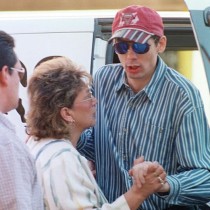

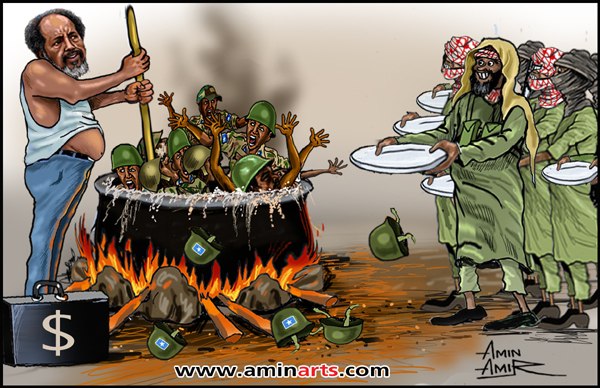

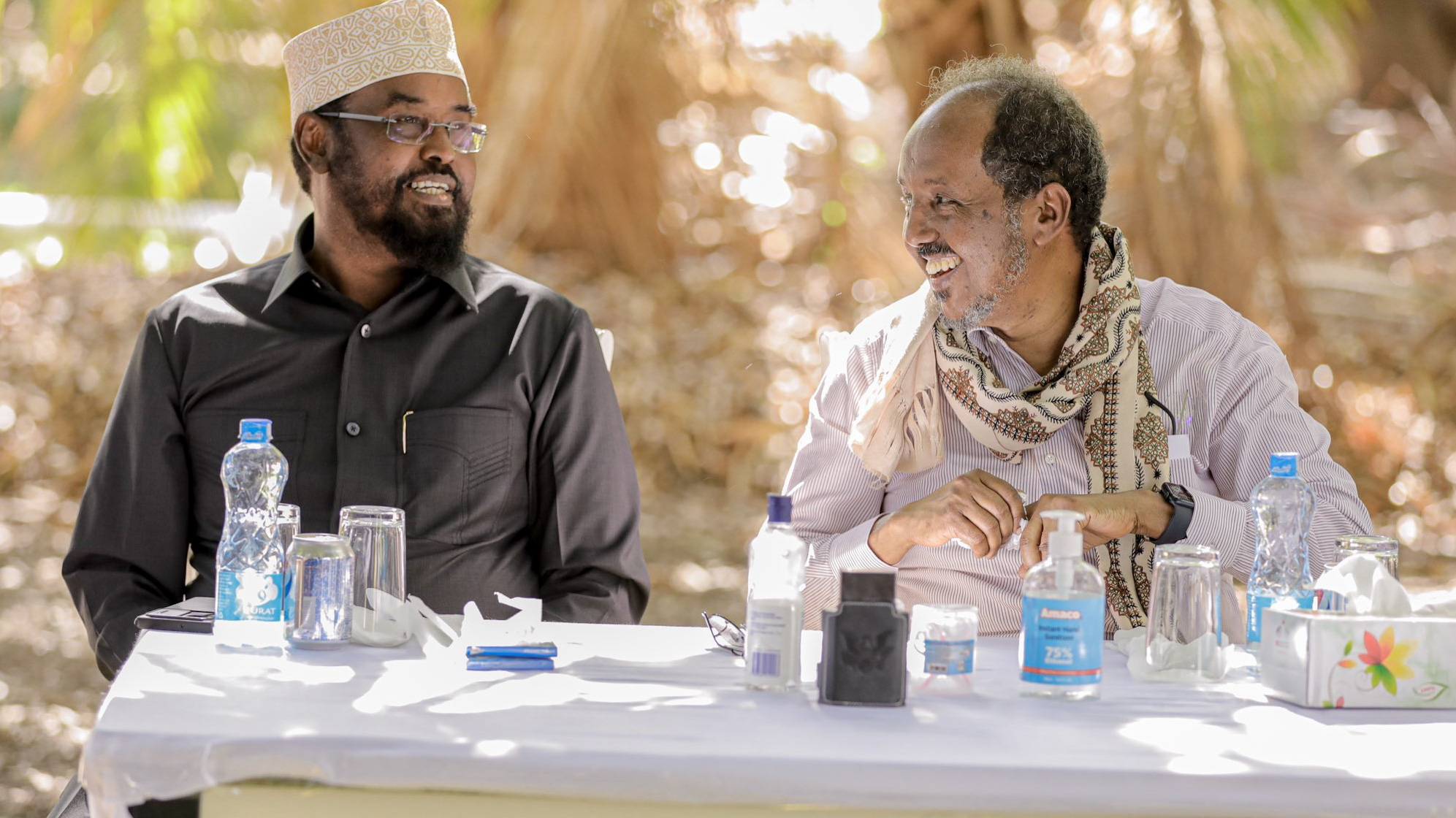
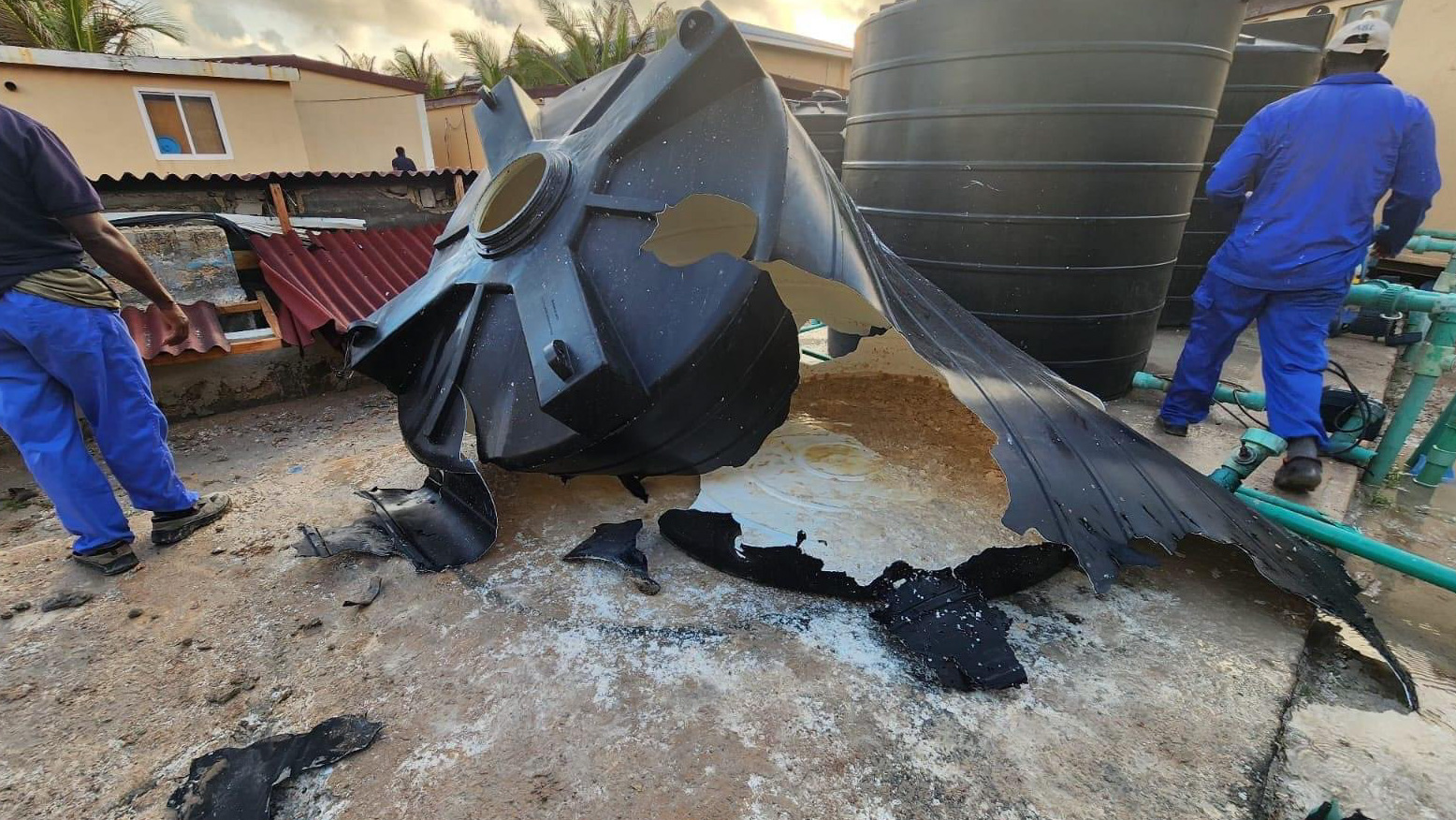
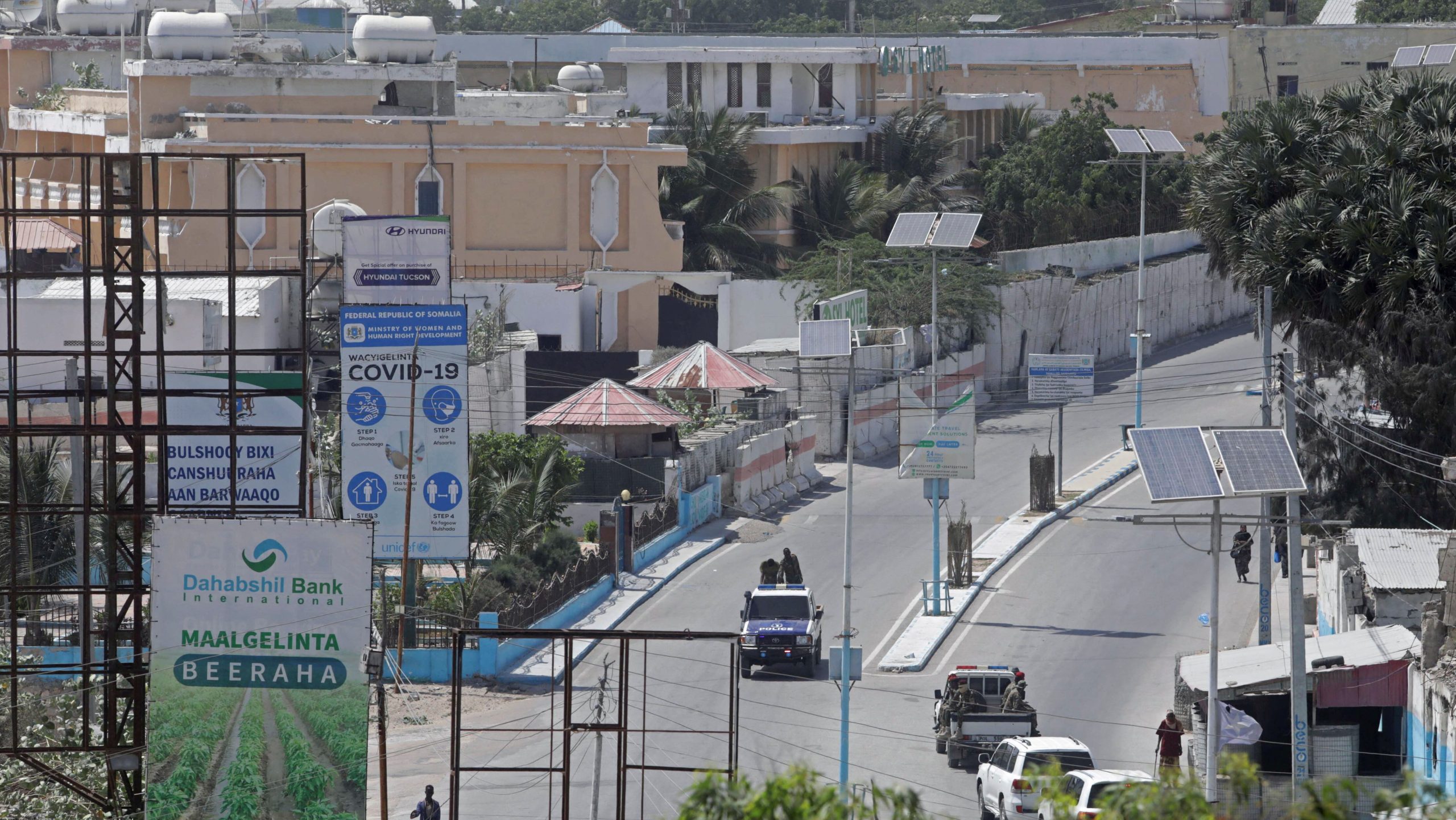
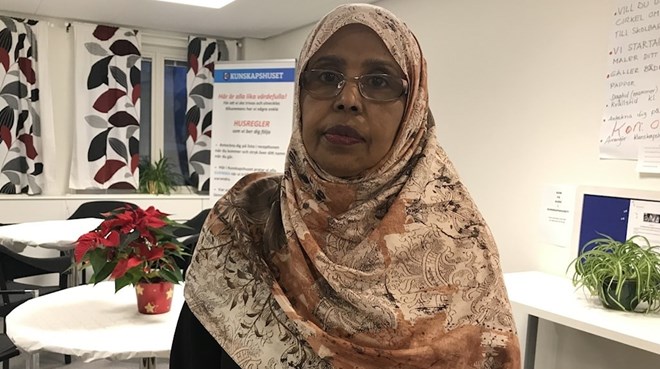


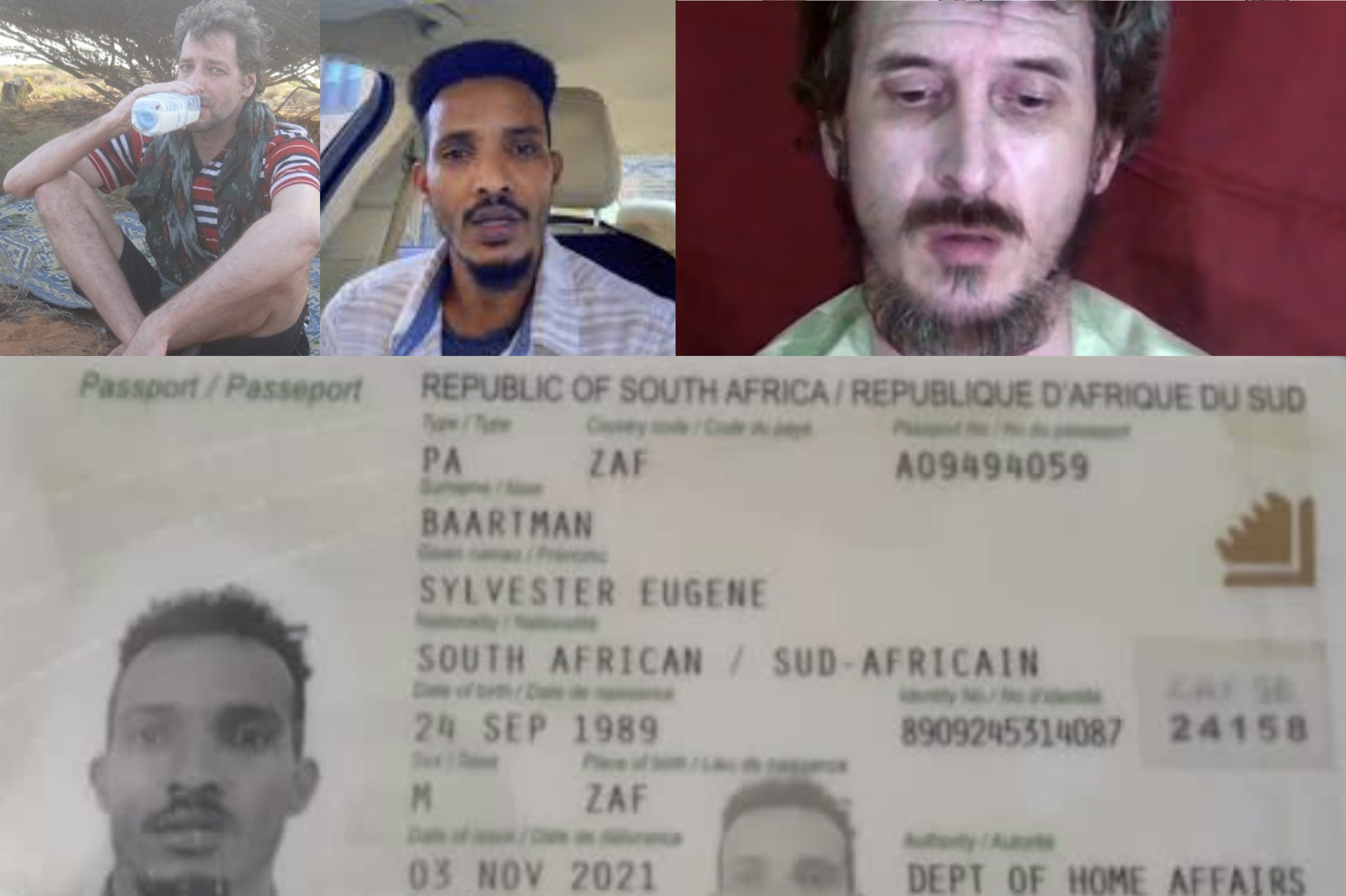

![[DAAWO] Dhul Free ah, Degmada ugu quruxda badan Galmudug](https://waagacusub.com/uploads//article/photo/IMG_E16C1C-068D29-00F13D-396389-6B49D3-78A5A6.png)

Remembering the 'Somalia Affair,' Canada's Forgotten Abu Ghraib Moment
On the night of March 16, 1993, 16-year-old Somali Shidane Abukar Arone was caught trespassing by Canadian soldiers deployed in his country. Shortly after midnight, he was dead.